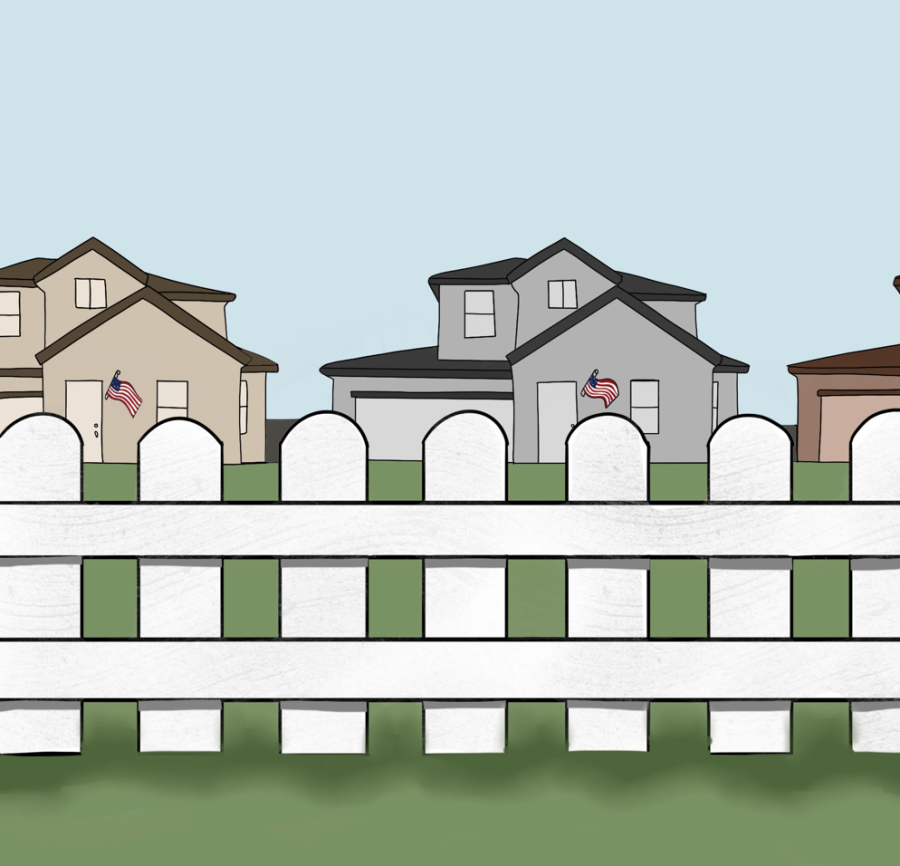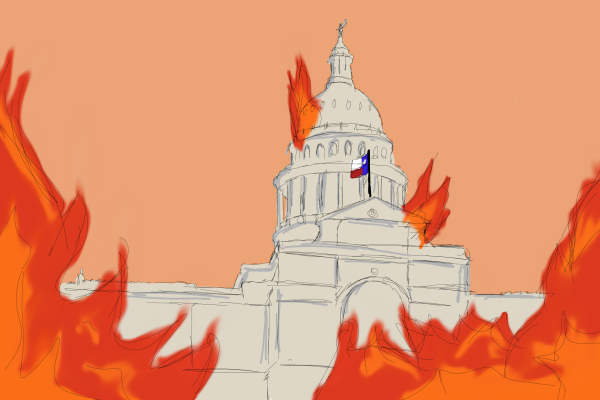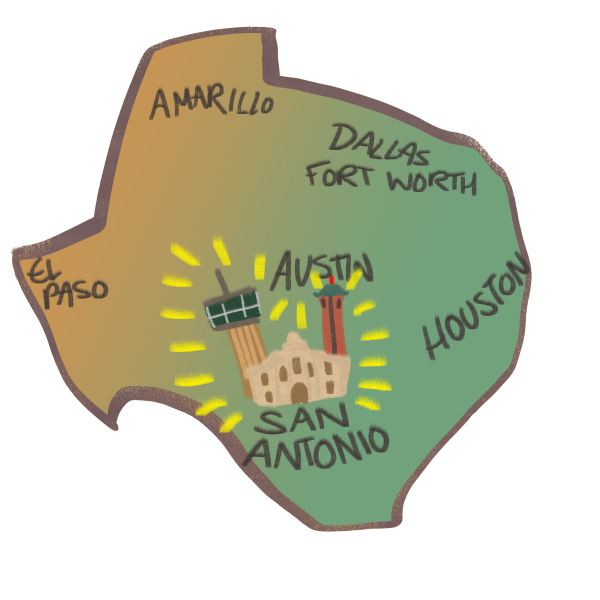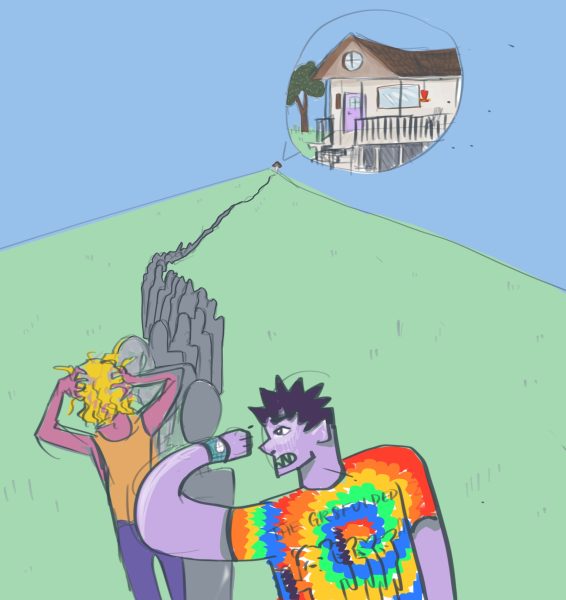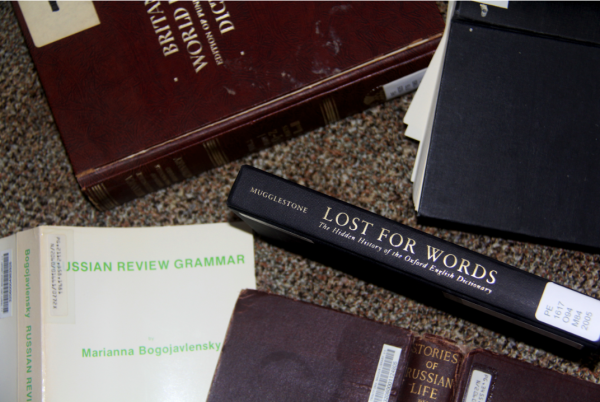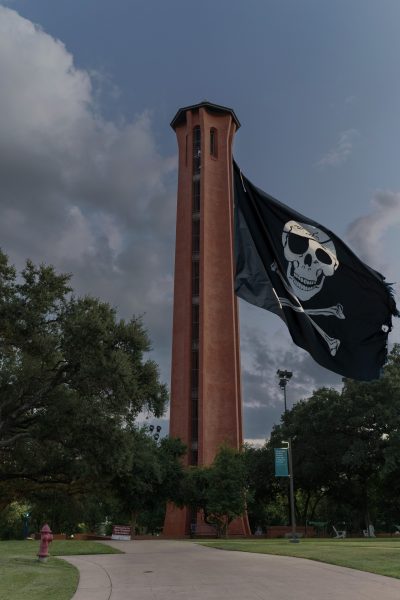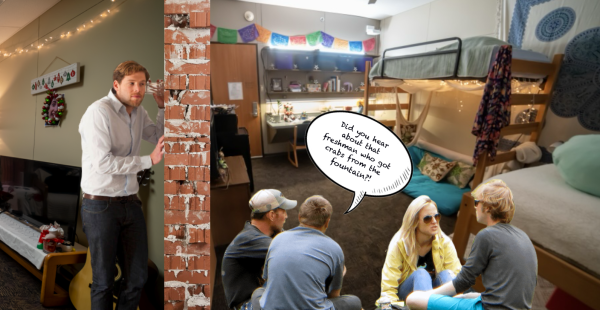Patriotism, America’s favorite poison
If you were asked to name one stereotype about the United States, there’s a decent chance you’d name something to do with patriotism. In America, love of the country is considered an essential virtue both in politics and in civilian life, as evidenced by the sheer quantity of U.S. flags you can find in nearly any given populated location.
Additionally, a characteristic heavily associated with American life is holding patriotism sacrosanct above all else. In nearly every Republican campaign ad, you can find a reference to the candidate in question being a “true patriot” or “putting America first.” In response, the American left has a tendency to defend its own patriotic virtues, proposing its patriotism as a more logical one that puts people and justice first.
In a country where people are brought up from birth to believe that patriotism is an objectively correct attitude, this is an understandable strategy to win over moderates. However, we have reached a point where it’s time to address the issue that, when analyzing themes in the attitudes of a nation’s people, “patriotism” and nationalism seem practically indistinguishable.
Nationalism is dangerous, as it has been frequently used as a tool by oppressive regimes to maintain power. This danger was demonstrated by the Axis Powers in World War II and continues to be demonstrated today in places such as Russia, China, Brazil, North Korea and even the United States, just to name a few.
If your instinctual reaction to comparing nationalism and patriotism is to explain the difference and defend patriotism, I have a question I want to raise. If patriotism is defined as a love of one’s country and a desire to defend it, as it is in the Oxford English Dictionary, why is that right? Why should the interests of the United States be held above all other countries? Why should the lives of the people here be of higher value to us than those abroad? In other words, what makes us so special?
If your answer involves something related to the U.S. being somehow intrinsically better than other countries, you are a nationalist. If you’re struggling to find an answer, you have identified the problem. None of this is to say that standing up for the interests of the American people is wrong, but that patriotism is not synonymous to that end. Patriotism is loyalty to country; loyalty to the state. And that is not good.
Loyalty to the state is a road that much of the world has been down before, which is the reason you won’t find many instances of multiple national flags flying on a street in Germany unless it’s time for the World Cup. It’s not just Germany, though. Patriotism in the United States is unique, and people in other countries often find it off-putting and weird. Pledging allegiance to “the State” every day at school or before every large event is not normal.
If patriotism being abnormal is a surprise, you’ve likely fallen victim to its normalization considering its logical flaws are plain to see. Patriotism essentially breaks down into being loyal to the entity which has an arbitrary monopoly on violence and use of force over you, and thinking that the people ruled by your entity are more important than people ruled by different ones. It is not about caring for the American people, and it never has been.
Through this lens, we on the American left can identify the attitude that is a better avenue for productivity in making people’s lives better, whether here or anywhere else. The government has claimed a monopoly on force over people that reside in its make-believe borders and has maintained sovereignty over them through nothing more than historical precedent and the use of force against other governments. Therefore, it seems to me that holding the government accountable and opposing the state’s oppressive tendencies is the ideal way forward.
As such, it is pertinent to change your attitude on loyalty to your country. That doesn’t mean you shouldn’t care about your fellow citizens, but that you should recognize how arbitrary the lines that divide us on a global level really are. Unless a billionaire or a politician has somehow found my article, you have more in common with a poor person in any other country than you do with the people in power here. The United States is not special, but humanity is, and human beings are worth fighting for whether they live here or not.

I’m Colin Houston (they/them), and I’m a junior political science major and an opinion columnist/copy editor for the Trinitonian. I’m also...

